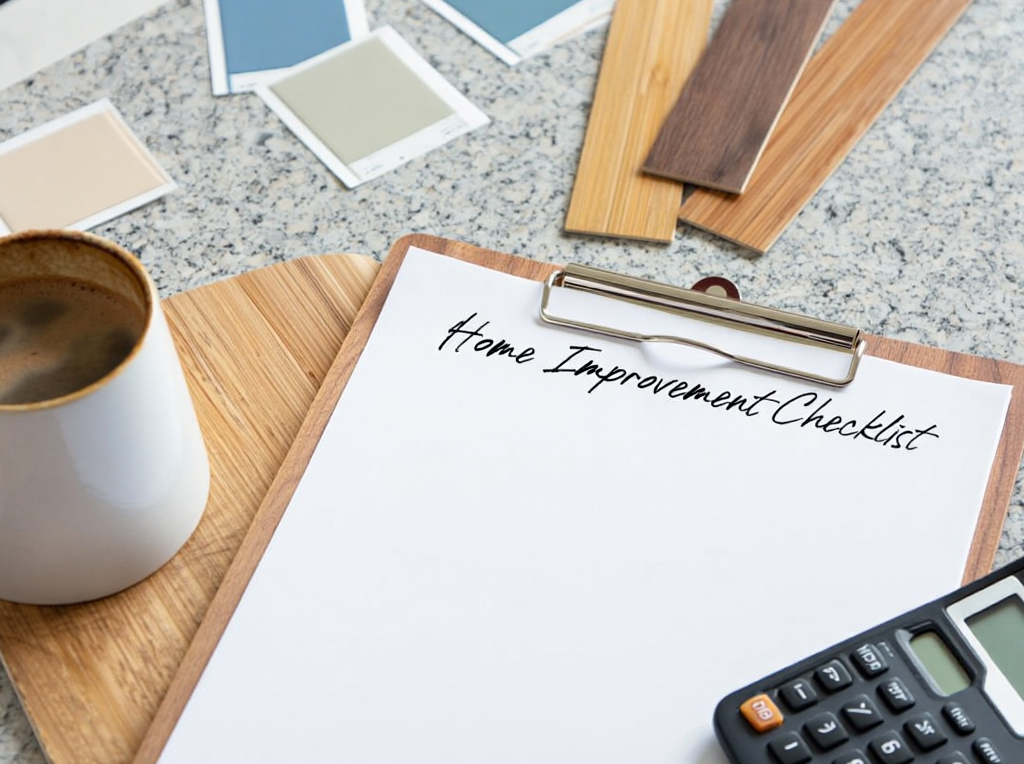Brought to you by Scott P. Rogers, Funkhouser Real Estate Group, 540-578-0102, scott@HarrisonburgHousingToday.com
Brought to you by Scott P. Rogers, Funkhouser Real Estate Group, 540-578-0102, scott@HarrisonburgHousingToday.com
Thursday, October 23, 2025

When you're buying a home, it's easy to focus solely on the upfront costs -- the down payment, closing costs and moving expenses. But it's just as important to think about what you might spend after you move in.
I often see buyers fall into one of two extremes:
1. Ignoring Future Costs
Some buyers assume that once they've bought the house, the expenses are behind them. But even if everything is in great shape, it's normal to want to repaint, replace a few light fixtures, or make other small changes. And over time, larger costs like replacing the roof, HVAC, or water heater are inevitable.
2. Getting Overwhelmed by Every Possible Expense
Other buyers go to the opposite extreme. They estimate the cost of every potential update and repair over the next five to ten years and get so overwhelmed they never buy anything at all.
A Better Approach: Reasonable Expectations
Yes, you'll spend money on your home after you buy it. But that doesn't mean it has to overwhelm you. Instead:
1. Budget a little extra for early improvements or repairs
2. Be aware of the age of major systems (and factor that into your decision)
3. Prioritize what you'll improve now vs. later
4. Remember that not everything needs to be done at once
Homeownership isn't without costs -- but with realistic planning, you can enjoy the benefits of owning a home without being surprised or paralyzed by what comes next.
I often see buyers fall into one of two extremes:
1. Ignoring Future Costs
Some buyers assume that once they've bought the house, the expenses are behind them. But even if everything is in great shape, it's normal to want to repaint, replace a few light fixtures, or make other small changes. And over time, larger costs like replacing the roof, HVAC, or water heater are inevitable.
2. Getting Overwhelmed by Every Possible Expense
Other buyers go to the opposite extreme. They estimate the cost of every potential update and repair over the next five to ten years and get so overwhelmed they never buy anything at all.
A Better Approach: Reasonable Expectations
Yes, you'll spend money on your home after you buy it. But that doesn't mean it has to overwhelm you. Instead:
1. Budget a little extra for early improvements or repairs
2. Be aware of the age of major systems (and factor that into your decision)
3. Prioritize what you'll improve now vs. later
4. Remember that not everything needs to be done at once
Homeownership isn't without costs -- but with realistic planning, you can enjoy the benefits of owning a home without being surprised or paralyzed by what comes next.
